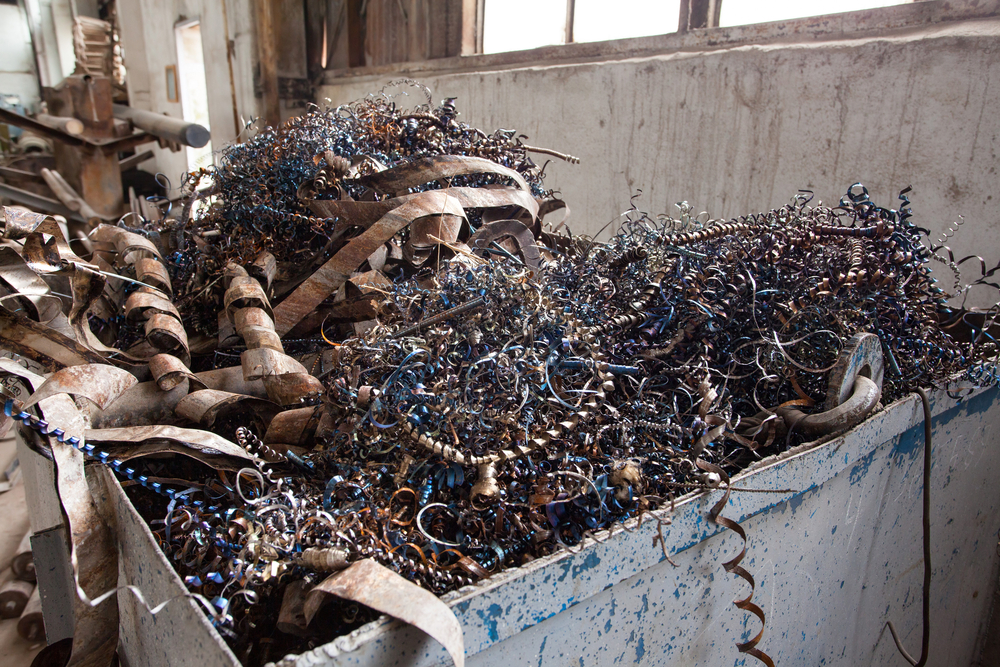Industries in Sydney have been developing and expanding in the modern era. Consequently, these activities generate large amounts of waste. Thus, industrial waste disposal plays a crucial role in minimising the environmental impacts of solid waste and commercial rubbish.
To better know about proper industrial waste disposal, it is important to first discuss the material being treated and processed ‒ industrial waste.
What is Industrial Waste?
Industrial waste is a term used to describe the materials that are no longer needed after production is completed. This encompasses many sectors of industrial manufacturing which includes:
- Food manufacturing
- Consumer goods
- Industrial chemicals
- Mining
- Textile mills
- Other types of factories
Below are the different types of industrial waste and what you need to know to properly dispose of them following the NSW EPA guidelines.
Types of Industrial Waste
Because they underwent different industrial processes, industrial waste can be hazardous or non-hazardous. However, regardless of their severity, they will have an impact on the environment one way or the other.
Here are the most common industrial wastes that impact both humans and the environment.
Solid Waste
Most of the generated industrial rubbish comes as solid waste. In entire Australia, an estimated 67 million tonnes of solid waste is produced in a year, with 25% of it classified as masonry materials used in construction and rubbish by demolition and excavation.
Solid waste is mostly generated by manufacturing processes like:
- Electric power generation
- Agricultural and inorganic chemicals
- Iron and steel manufacturing
- Water and sewer treatment
- Plastics and resins manufacturing
Toxic Waste
Several industries and manufacturing processes also produce toxic and hazardous waste. This takes up around 9% of Australia’s total industrial waste generated in a year.
If the disposal is mismanaged, toxic waste can contaminate the waterways and pollute bodies of water. This will most certainly harm humans, animals, and the environment ‒ potentially causing permanent damage.
Toxic waste is usually a byproduct of different materials produced by hospitals, factories, mining sites, and other manufacturing facilities. Transportation and disposal of these materials are strictly outlined by EPA. They should only be handled by licensed and professional removalists like Paul’s Rubbish Removal.
Secondary Waste
There are production processes that generate scraps that can be considered as non-hazardous secondary materials. Secondary waste should be sent to materials recycling facilities since most of them can still be reused, as emphasised by NSW EPA guidelines.
Examples of secondary waste are:
- Plastics
- Paper & cardboard
- Coal combustion
- Construction materials
How to Dispose of Industrial Waste
As discussed, mishandling industrial waste can have permanent consequences for the industry and the community. Harmful and toxic waste can be released into our resources if proper disposal is not observed.
Furthermore, you should observe proper disposal for the different types of industrial waste. Fortunately, Sydney is home to many recycling, incineration, and disposal facilities that comply with NSW EPA guidelines.
Regulations for different industrial waste vary, but most importantly, hazardous industrial waste dictates a cradle-to-grave policy. Companies who generate toxic materials are responsible for its disposal, that’s why industrial waste generators work with highly reputable rubbish disposal companies.
Paul’s Rubbish Removal is a part of this vast network. We will remove all sorts of industrial waste, making sure they undergo the right processes. Our rubbish removal services have helped hospitals and industrial facilities manage their toxic and industrial waste.
Moreover, Paul’s Rubbish Removal will alleviate the problems that arise during the rubbish removal process, especially once it leaves the facility.
Conclusion
The industrial waste comes in all sorts, and they can be harmful or benign to the ecosystem. However, all types of industrial waste have the potential to cause harm and pollution if improperly disposed of.
That’s why waste generators must know their responsibilities for waste management and disposal. Certified rubbish removal companies like Paul’s Rubbish Removal can also assist with the proper procedures in declassifying and eliminating industrial waste.
Paul’s Rubbish Removal holds our commitment to sharing our knowledge of efficient waste management and effective recycling techniques with you, so you get value for your worth. We value our planet as much as you do, so feel free to set a booking with our friendly staff at 0407 125 125 or email us for inquiries and a free quote.







